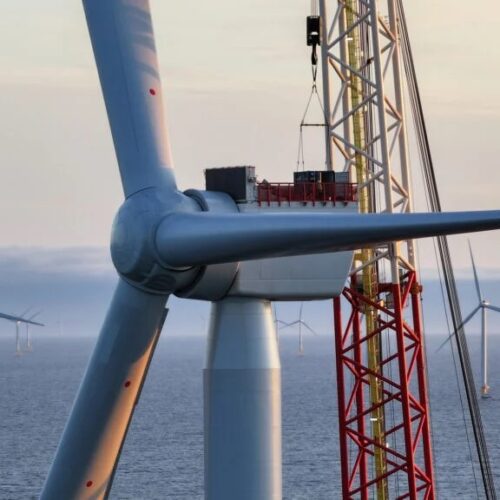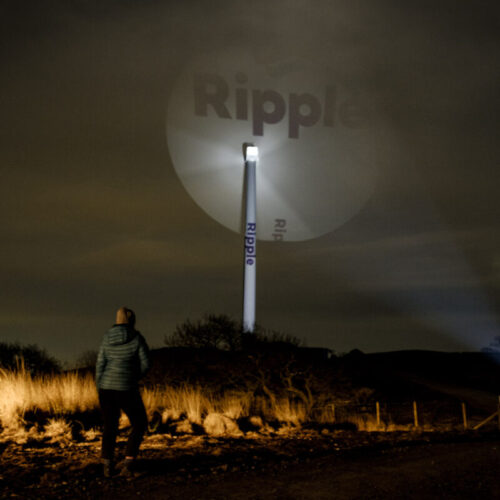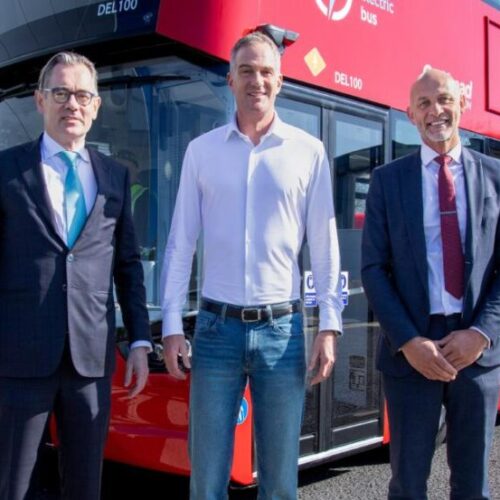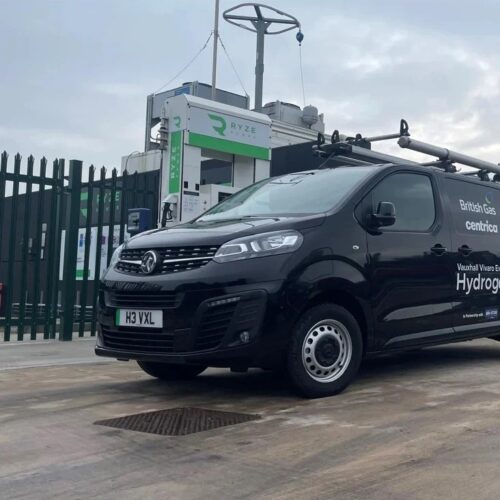Volvo Energy has introduced a new portable battery energy storage system (BESS) to help bring EV charging to more locations.
The Volvo Energy PU500 has a battery capacity of 450-540kWh and features an integrated 240kW DC fast charger. This allows it to charge a heavy duty truck in around an hour and a half, and when fully charged, it can charge up to three electric heavy duty trucks or 20 electric cars daily.
The product is designed to work with all brands of electric vehicles and equipment. The unit includes a power boosting feature that allows the unit to continue charging itself even when power from the grid is low, while still having the ability to charge vehicles or machinery quickly when needed.
Volvo Energy has said that it plans to expand the machine’s capabilities further in the future by introducing digital services that will allow users to monitor and schedule the unit’s operations, and is not the only EV charging firm seeking to adapt to challenging grid conditions.
The launch of this product follows recent success stories of EV charging infrastructure developer TUAL, whose PowerUp chargers use BESS technology to deliver high-speed 200kW DC charging on an 11kW supply, even if said supply was previously only sufficient for trickle AC charging. TUAL’s units store energy during off-peak periods, either from the grid or from on-site renewable energy generation, to enable charging than is faster than local grids are capable of delivering.
In order to expand the rollout of EV charging tech across the UK, TUAL recently announced a strategic focus on the 8,000 automotive retailers facing critical grid constraints in the UK.
Meanwhile, Volvo’s bus manufacturing arm, Volvo Buses, has been increasing the penetration of electric buses on the UK’s public transport network. In February of this year, the company announced it had received its first order from London bus operator Go-Ahead.
Volvo Buses will supply 25 Volvo BZL Electric single-deck buses, which Go-Ahead will add to its fleet later this year. These new buses will be charged primarily overnight at the company’s depot, using a CCS 2 cable and bank of 150kW DC chargers.






